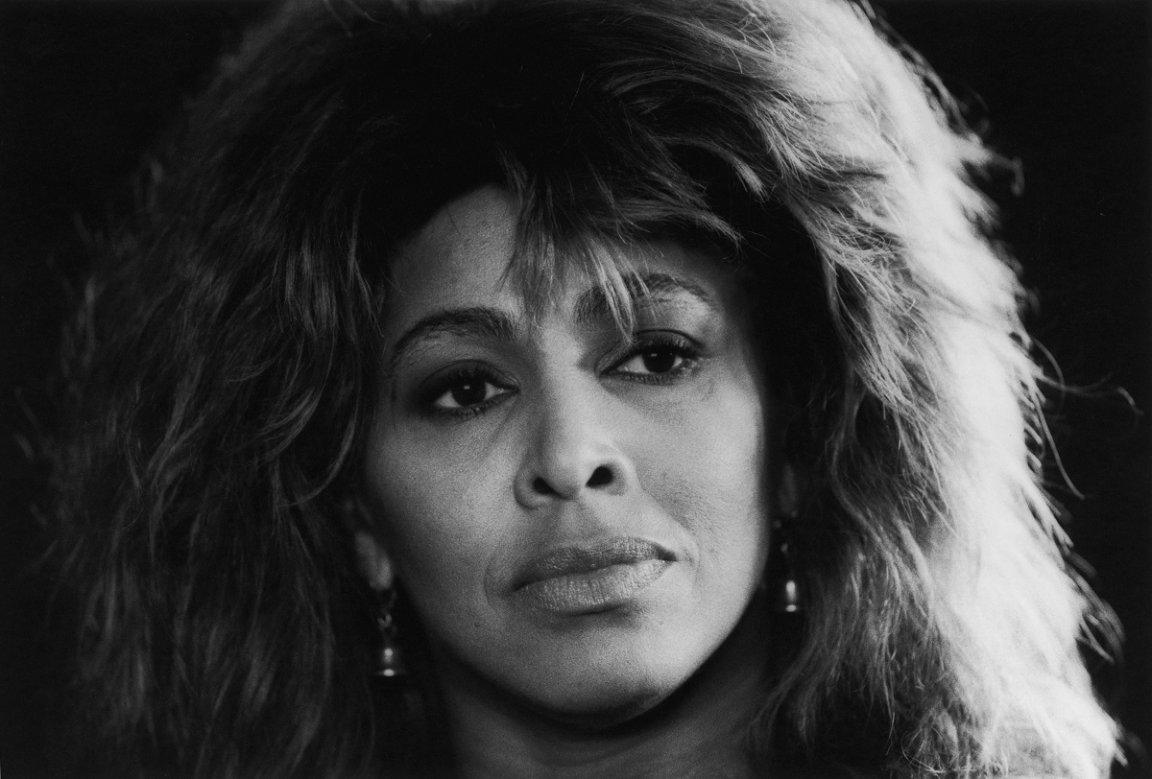
Before her tragic death, iconic singer Tina Turner shared a health warning that could inspire others to avoid some of the issues she faced — and also serves as a timely rebuke of the country’s public health eduaction and medical system.
“If I had known how high blood pressure and kidney disease are connected,” the late performer wrote in an Instagram post roughly three months before her passing last month, “I would have been spared a lot of suffering.”
As Lisa Fitzpatrick, a physician and medical epidemiologist, points out in a piece for Forbes about the heartbreaking warning, it’s jarring to know that even a star of Turner’s stature, “with access to state-of-the-art healthcare,” was unaware of those risks.
In short, as Fitzpatrick argues, it’s a damning indictment of the healthcare system’s failure to prioritize health communication and medical literacy.
“My kidneys are victims of my not realizing that my high blood pressure should have been treated with conventional medicine,” Turner wrote in her post. “I have put myself in great danger by refusing to face the reality that I need daily, lifelong therapy with medication.”
“For far too long I believed that my body was an untouchable and indestructible bastion,” she continued.
Turner had, as reports highlighted following her death at the age of 83 last month, suffered from high blood pressure and kidney disease, the latter of which led to her having a kidney transplant in 2017.
As Fitzpatrick notes, healthcare literacy — which is majorly lacking in the United States — could have “enabled [Turner] to understand how her blood pressure was damaging and why inaction would inevitably lead to the loss of kidney function.”
Fitzpatrick pointed out the way health messaging is often buried in a “morass of corporate jargon” and that there often isn’t a clear and agreed-upon way to deliver health information. And that’s all despite an abundance of readily available information.
Indeed, as the American Kidney Fund explains, high blood pressure is the second-most common cause of kidney failure in the US, causing 28 percent of new cases. As many as one in five American adults with high blood pressure are at risk for kidney disease.
Fitzpatrick, and Turner before her, are right to point out how important healthcare messaging is, and how, with better messaging, millions of people could have a better chance of addressing these issues head-on.
“We will never know how Ms. Turner might have changed her behaviors had she received the kind of information through the channels she needed to connect the dots between kidney disease and her blood pressure,” Fitzpatrick wrote.
“May she rest in peace,” she added.
More on celebrity health: Gwyneth Paltrow Is Literally Shooting Ozone Up Her Butt For The Sake Of “Wellness”